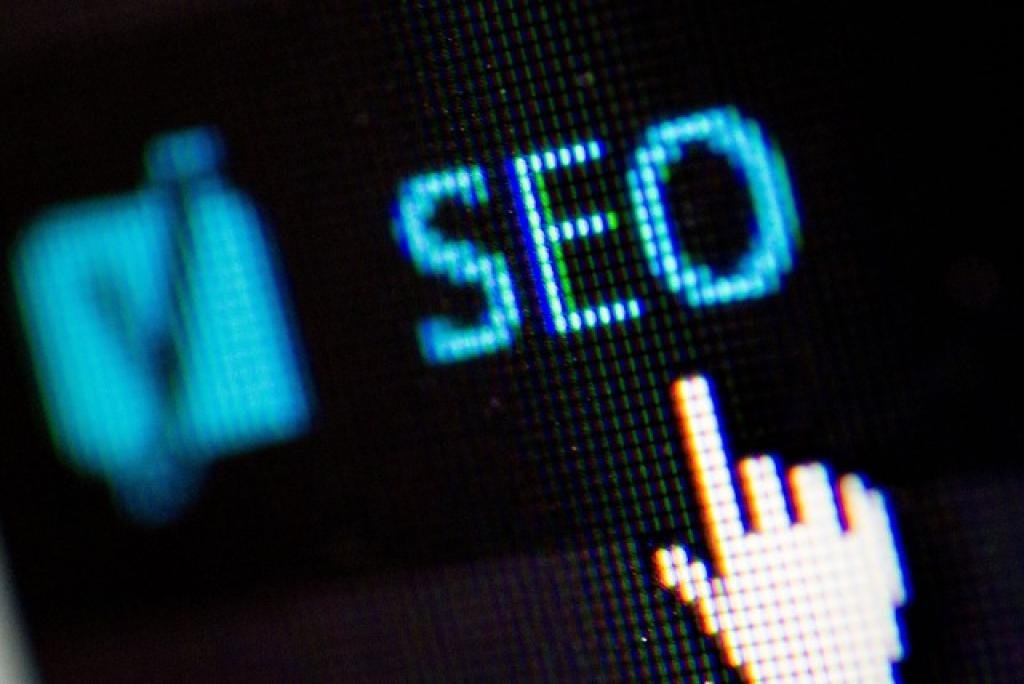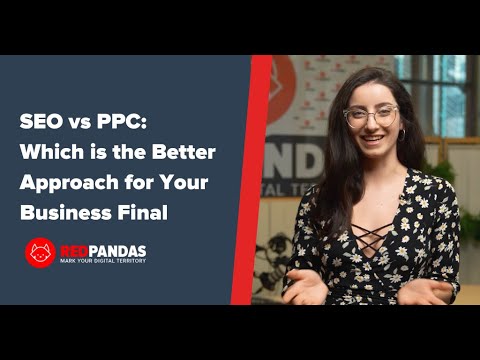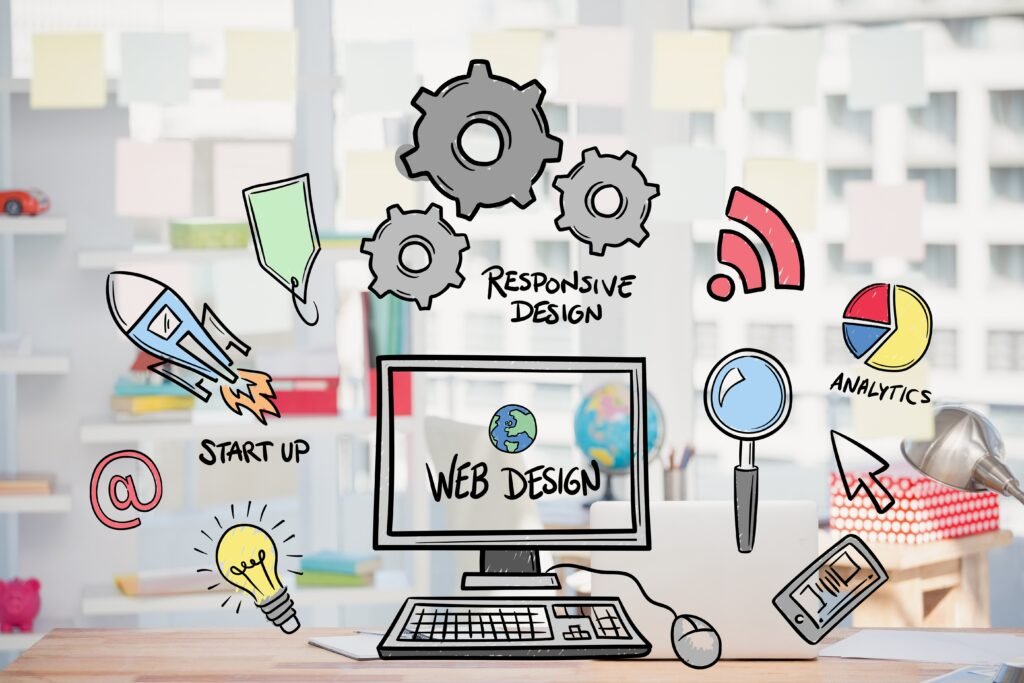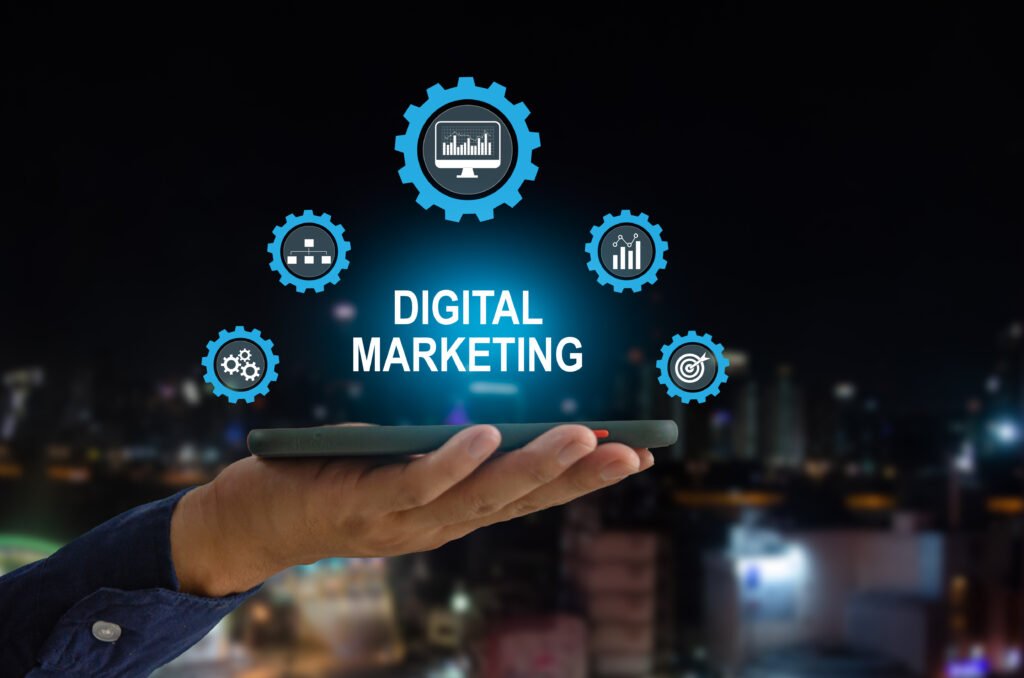SEO Vs. PPC: Which Is Better for Your Business?

In the world of digital marketing, two strategies stand out as key players in driving traffic and generating leads for businesses: Search Engine Optimization (SEO) and Pay-Per-Click (PPC) advertising. Both strategies have their own set of advantages and considerations, making the decision between them a critical one for any business looking to improve their online visibility and reach.
What is SEO?
SEO refers to the practice of optimizing your website to rank higher in organic search engine results. This involves a combination of technical and creative elements aimed at improving your website’s visibility on search engines like Google. The goal of SEO is to increase organic (non-paid) traffic to your website by improving its relevance and authority in the eyes of search engines.
The Benefits of SEO
One of the key benefits of SEO is its long-term sustainability. While it may take time to see significant results from SEO efforts, the benefits can be long-lasting. Once your website establishes authority and ranks well for relevant keywords, you can continue to receive a steady stream of organic traffic without ongoing advertising costs.
Additionally, SEO can help build credibility and trust with your audience. When your website ranks highly in search engine results, users are more likely to view your brand as authoritative and trustworthy. This can lead to increased brand recognition and customer loyalty over time.
The Challenges of SEO
Despite its long-term benefits, SEO also presents some challenges. One of the main drawbacks of SEO is the time and effort required to see results. SEO is a slow-burn strategy that requires consistent effort and optimization over time. For businesses looking for quick wins or immediate results, SEO may not be the best option.
Moreover, SEO is a constantly evolving field. Search engine algorithms are regularly updated, meaning that SEO strategies that worked in the past may no longer be effective. Staying on top of these changes and adapting your SEO strategy accordingly can be time-consuming and require expertise in the field.
What is PPC?
PPC advertising, on the other hand, refers to a form of online advertising where advertisers pay a fee each time their ad is clicked. Essentially, it’s a way of buying visits to your website rather than earning them organically. PPC ads typically appear at the top of search engine results pages or on other websites and social media platforms.

The Benefits of PPC
One of the primary advantages of PPC advertising is its immediacy. Unlike SEO, which can take time to see results, PPC campaigns can drive targeted traffic to your website almost instantly. This makes PPC an ideal strategy for businesses looking to increase website traffic quickly or promote time-sensitive offers.
Another benefit of PPC is its measurability and control. With PPC advertising, you have full control over your campaigns, from budget allocation to ad copy and targeting options. This level of control allows you to optimize your campaigns in real-time and quickly adjust your strategy based on performance data.
The Challenges of PPC
While PPC offers many advantages, it also comes with its own set of challenges. One of the main drawbacks of PPC is its cost. Depending on your industry and target keywords, PPC advertising can be expensive, especially for competitive keywords. For businesses with a limited marketing budget, the cost of running PPC campaigns can quickly add up.
Furthermore, PPC campaigns require ongoing management and optimization to maintain their effectiveness. Without proper monitoring and adjustment, your PPC campaigns may not deliver the desired results, leading to wasted ad spend and lost opportunities.
SEO Vs. PPC: Which Is Better for Your Business?
So, which strategy is better for your business—SEO or PPC? The answer ultimately depends on your specific goals, budget, and timeline. Here are some key considerations to help you decide:
-
Long-Term vs. Short-Term Goals: If you’re looking for sustainable, long-term results and are willing to invest the time and resources needed to build organic visibility, SEO may be the better choice. On the other hand, if you need to drive immediate traffic and are willing to pay for it, PPC may be the more suitable option.
-
Budget: Consider your marketing budget and how much you’re willing to spend on acquiring traffic. SEO requires upfront investment in content creation, technical optimization, and link building, whereas PPC involves ongoing ad spend to drive traffic to your website.
-
Competition: Evaluate the competitiveness of your industry and target keywords. If you’re in a highly competitive market where organic rankings are difficult to achieve, PPC can provide a quick way to get in front of your target audience. Conversely, if you operate in a niche market with lower competition, SEO may be more feasible.
-
Brand Awareness: Consider your brand’s visibility and credibility. If you’re looking to build brand awareness and establish authority in your industry, SEO can help improve your organic visibility and attract relevant traffic over time. PPC, on the other hand, can be effective for promoting specific products or services and driving immediate conversions.
The Bottom Line
In conclusion, both SEO and PPC offer unique benefits and challenges that can help businesses improve their online presence and drive traffic to their websites. The decision between SEO and PPC ultimately comes down to your specific goals, budget, and timeline. By understanding the strengths and limitations of each strategy, you can determine the best approach to meet your business objectives and maximize your digital marketing efforts.



